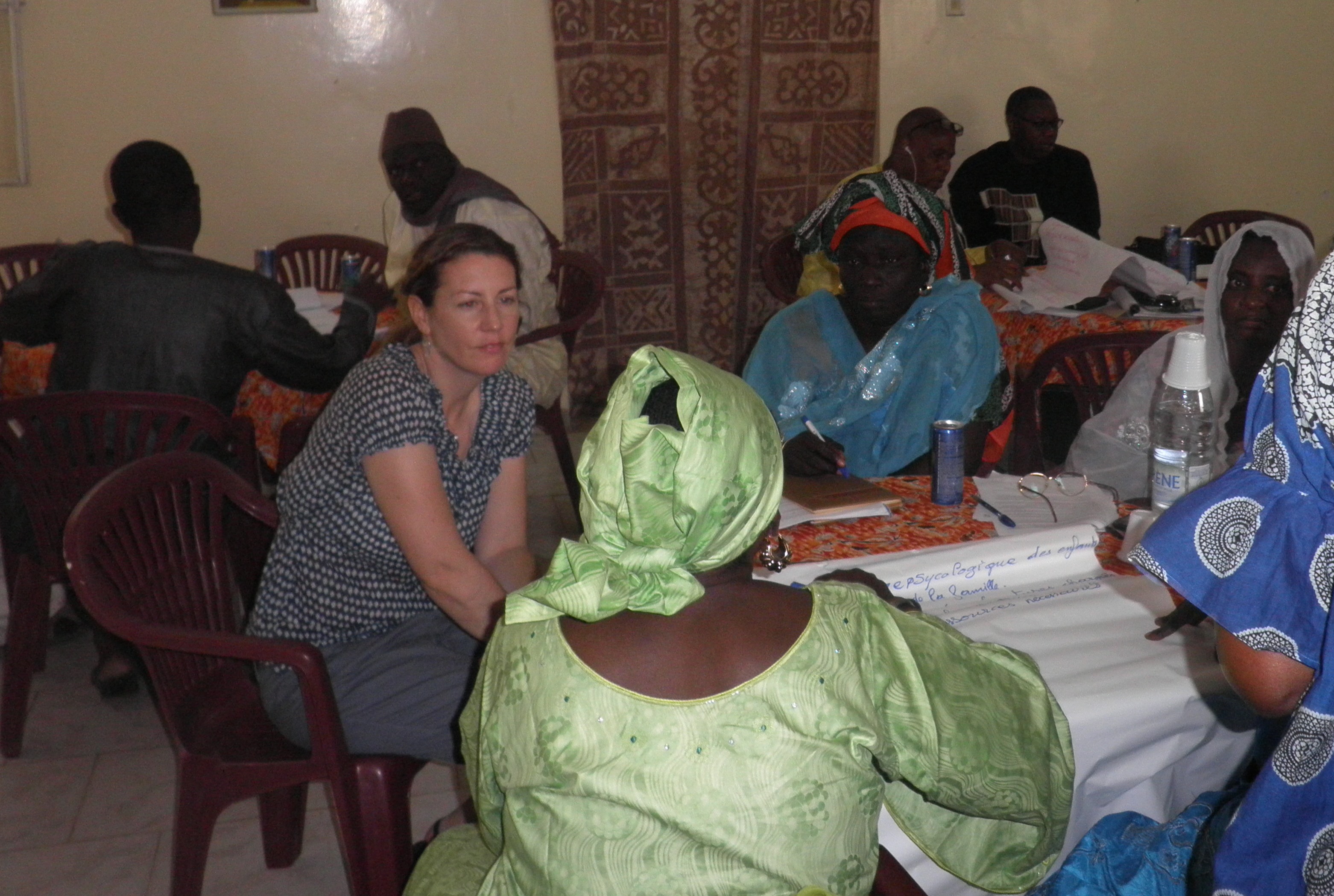Tag Archives: religion
Our paper at the Emotional Geographies conference
Ruth recently presented a paper, ‘”Your tears are like pouring hot water on the body”: exploring religious and cultural influences on responses to death in urban Senegal’ in the Geographies of Faith, Spirituality and Religion session (organised by Claire Dwyer, Ruth Judge and Elizabeth Olsen) at the 5th International and Interdisciplinary Conference on Emotional Geographies. The paper focused on tears and the expression of emotions in responses to death in the family in urban Senegal, based on our preliminary findings. We also sought to interrogate our cultural assumptions about religious and cultural norms surrounding mourning and the expression of grief. We found it helpful to analyse our findings through the framings of emotional geographies and geographies of religion and received thoughtful questions and comments from colleagues.
Our analyses
We are continuing with our analyses of the interview transcripts, writing summaries of each family and coding the transcripts with Nvivo. Our recent UK Advisory Group discussions were very valuable in helping us identify how our research can best contribute to current debates in death studies, youth in the global South, emotional geographies and geographies of religion. We’ll be developing conference papers on these themes in the coming weeks!




